TracMe, not a real PLB
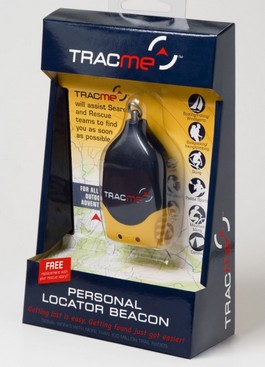
To be charitable, the new-to-the-U.S. TracMe looks to be a low cost, short range homing beacon that may have some safety value in certain circumstances. But it’s hard to be charitable about the company’s decision to market it as a Personal Locator Beacon, when it has nothing to do with the technology—and the international search & rescue system—that most of us associate with that term.
The good Doug Ritter of Equipped to Survive makes a strong case regarding TracMe’s limits, and how someone could get hurt because of the terminology confusion. And he doesn’t even get into some of the, um, dubious marketing on TracMe’s site. Note, for instance, this claimed benefit: “Significantly reduce the cost of false (satellite PLB) activations.” Well, you could say the same thing of a cell phone, or two cans on a string, or an FRS radio with a built in tape loop (which is all this is). TracMe doesn’t activate anything, false or positive! I guess I’m particularly agitated as just the other day I got a query from a cruiser wondering if a certain boat monitoring system would be as good as an EPIRB. Not even close. A lot of folks are confused by all this new technology, and the safety manufacturers in particular should be doing all they can to clarify their products, not confuse consumers further.
PS 8/8: Doug Ritter has filed complaints about TracMe’s use of the term “Personal Locator Beacon” and inflated product claims (“Suitable for yachting”?) with the FCC (generally slow, as we know) and with the FTC Bureau of Consumer Protection, Division of Marketing Practices. And he’s not mincing words, saying that confusing a TracMe with a real 406 MHz PLB “could end up killing someone.” I agree with him, and plan to follow up his complaint at the FTC. Meanwhile, TracMe is claiming that “Personal Locator Beacon” is not copyrighted and is an apt description of its product. You can email your comment to TracMe CEO, Joe Rainczuk, here.
PS 8/9: Apparently there’s now a letter in TracMe’s FCC file stating that “The US Coast Guard and the FCC feel that this {calling TracMe a PLB} is a misrepresentation of the device and could result in confusion with safety-of-life Part 95K PLBs,” and demanding thatTracMe change it. Good work, government!


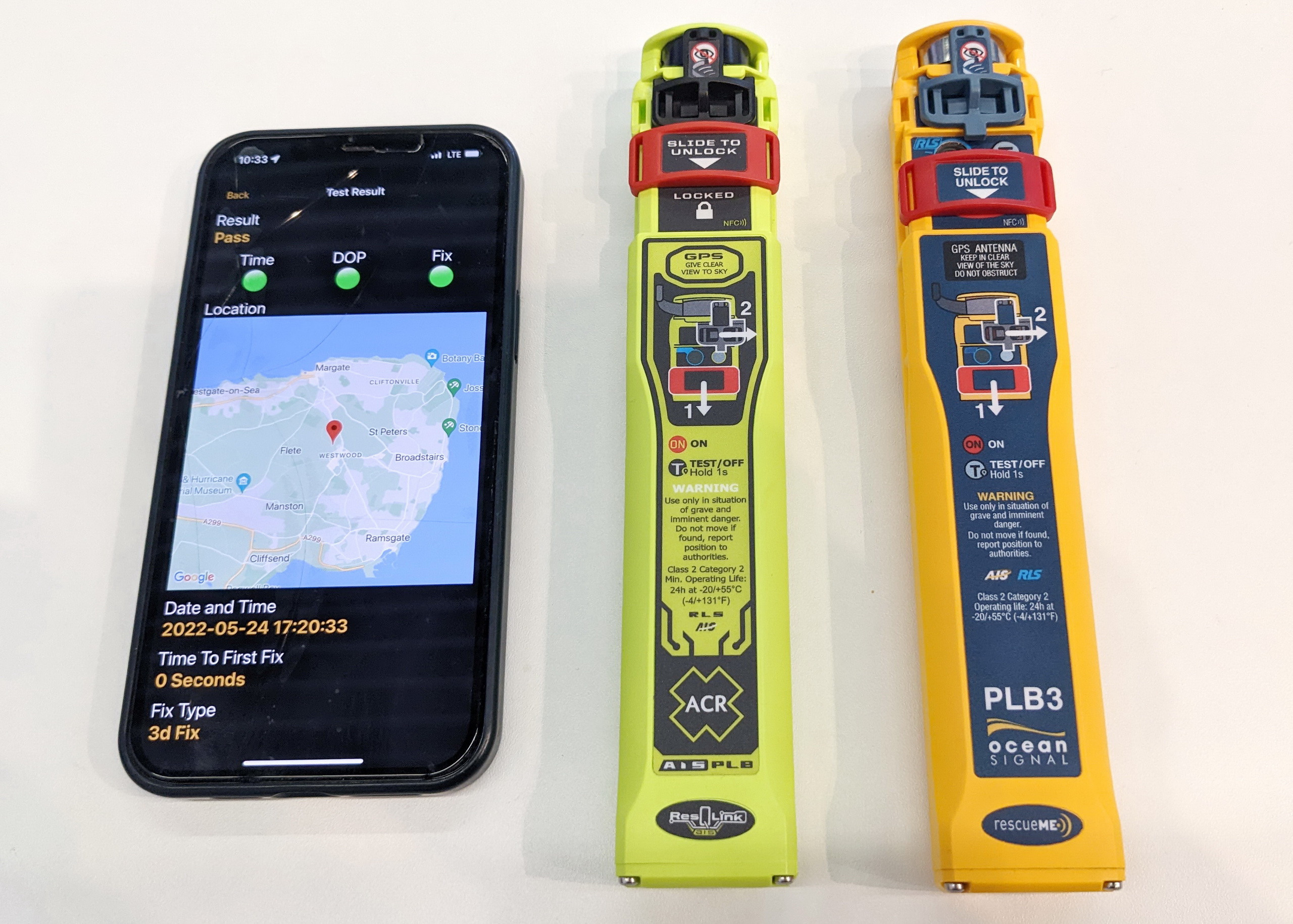
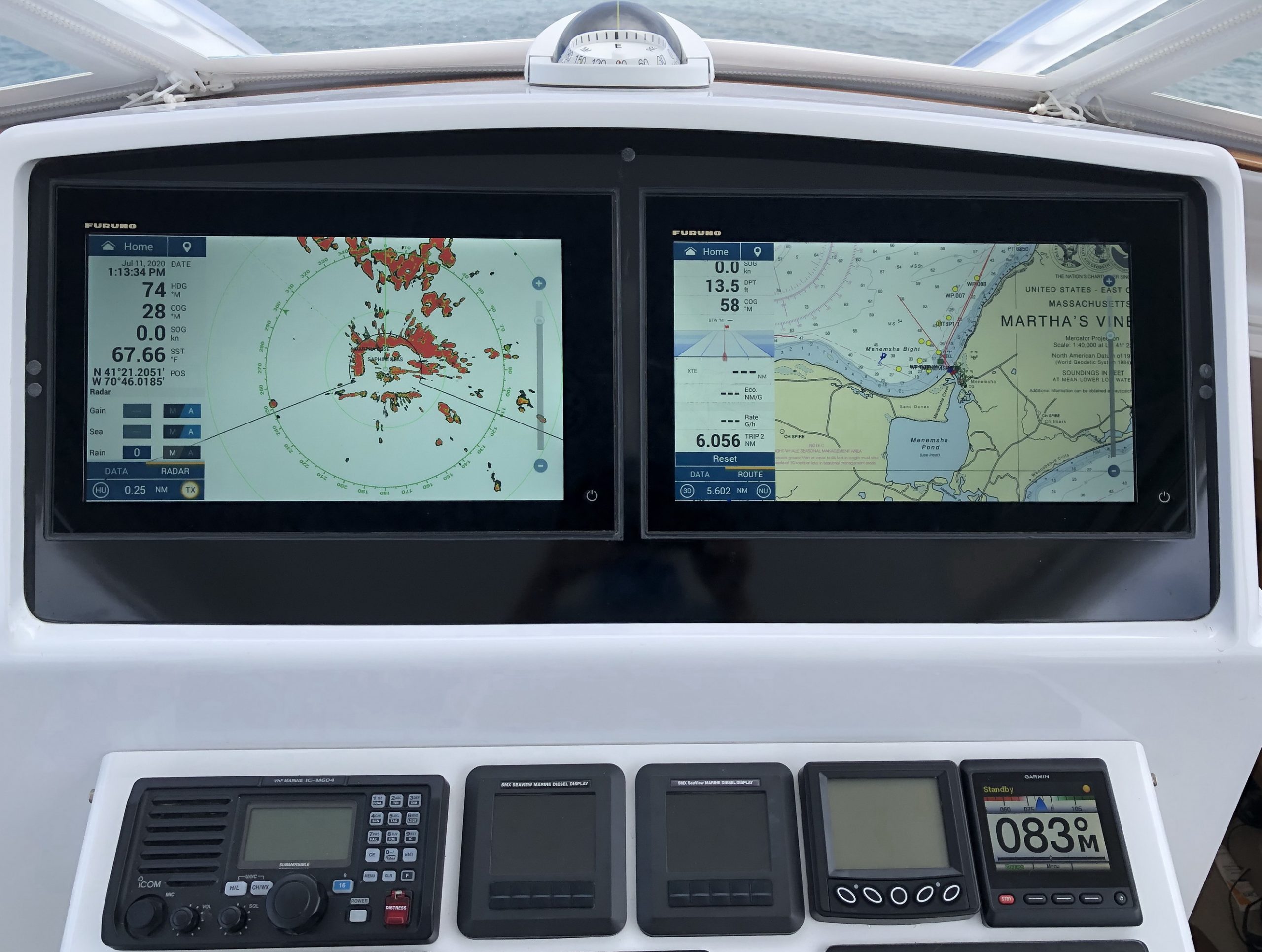
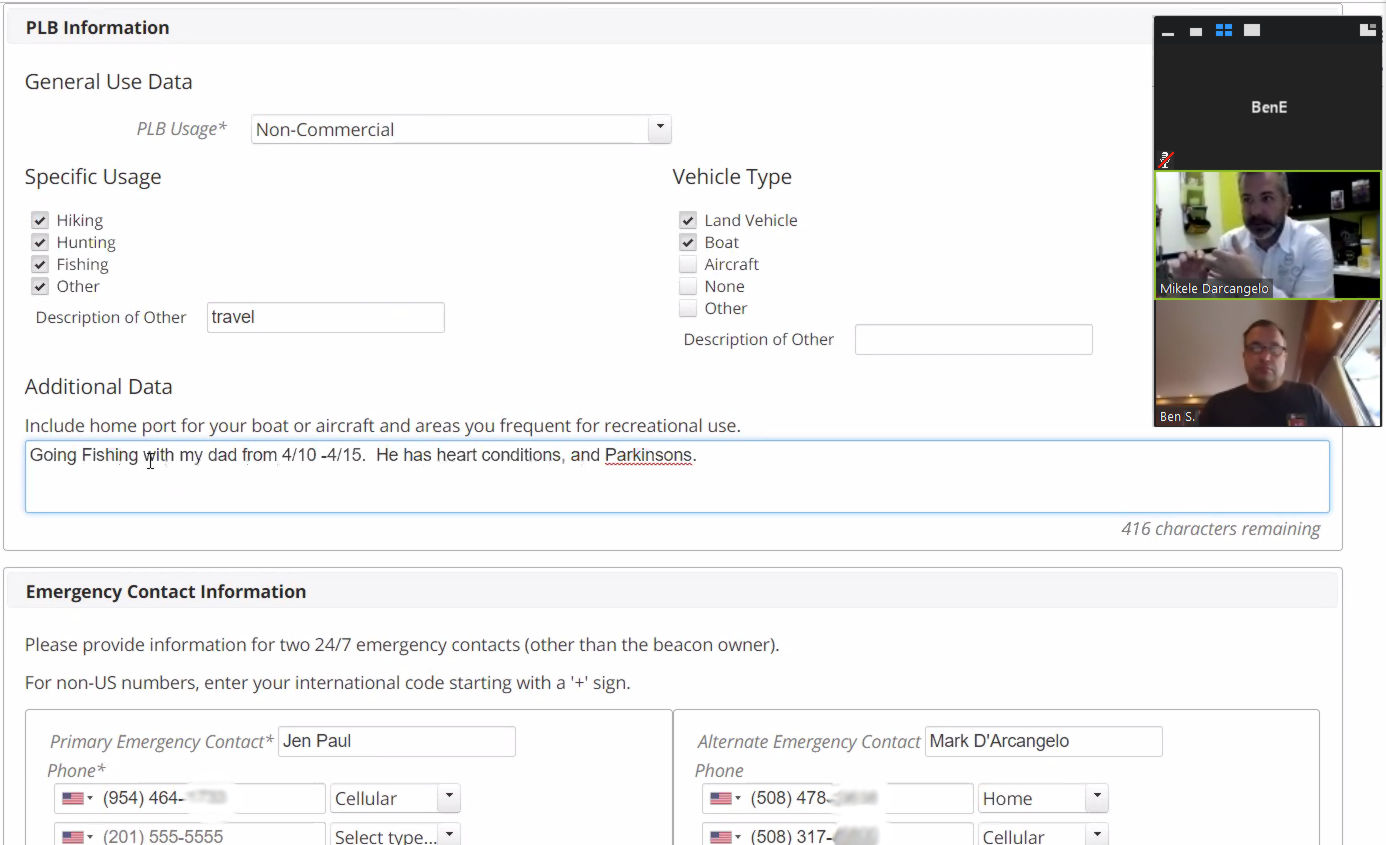
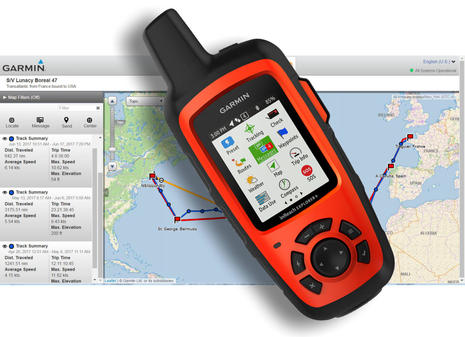







Interesting folks.
If you click the news link on the TracMe website there’s a picture of Doug Ritter and the text below it implies that Mr. Ritter has tested and approves of the product.
Somehow TracMe forgot to link to the review on Equipped to Survive. A minor slip-up that I’m sure they’ll fix.
This is entirely useless. FRS #1 frequency, automated message with not even an unique ID, you need the manufacturer’s Direction Finder to search ? The power output is 10mw ?
I would rather have a full power $30 FRS capable radio then this thing. Taking the chance I might be too injured to use it, at least, I could manually jump frequencies and hope to find someone I can convince to call for help, and provide land marks for them to find me. And that would be some slim hope of actually reaching someone with the same manufacturer and ID#, as the FRS radios sold of recent have features to block out transmissions from other radios that are not set to a matching two digit ID that has a non standard meaning between manufacturers.
Tracme suitable for marine use? This would be the marine equivalent of setting your handheld VHF radio say to an obscure channel like 69, breaking the antenna off or otherwise getting the output below 10mw, running an automated “help me” message. Maybe not a good example, even under this scenario you would be 100x better off than using tracme, as 69 is 69 for everyone (no need to be set to the same ID code), at least somebody might actually be listening to 69, that person probably has more radio skills than an FRS user, could call the coast guard with the same radio they are hearing you with, and the coast guard has the equipment to direction find.
The FCC released a Notice of Proposed Rulemaking where they asked if marine VHF portables with DSC should have a built-in GPS receiver. I know the coast guard and RTCM have come out in support of this proposal.
I think I’d rather spend $300 on a 5 watt marine portable with GPS location rather than buy one of these FRS ‘locators’.
Neat news article on the TracMe Personal Locator Beacon web-site, I like the part that reads “Ritter confirmed huge potential for the beacon, depending upon retail pricing.”
Next we will see in the news … “Ben Ellison confirmed the new-to-the-U.S. TracMe looks to be a low cost, short range homing beacon, with safety value”
Ben, perhaps you should modify the picture on Panbo so that it has one of those red circles with a cross out … like you see for cigarretts? This product clearly deservers a warning label on the internet.
That can get pricey to equip a crew, most of who won’t keep it on their person due to size.
My favorite solution so far is the Raymarine Lifetag system. While it has no direction finder capability, the crew remaining on board gets an immediate warning and a MOB position for the chartplotter, and they can call the coast guard with the boats VHF equipment or activate an EPIRB if appropriate. With the lifetag, the crew is starting a search and rescue within seconds of you leaving the boat.
An uninformed consumer could easily mistake this “PLB” for the real deal.
Unless you are aware of the 406/EPIRB technology and carefully read the FAQs on their site you could be easily fooled into a false sense of security.
I agree that TracMe has several fundamental faults that preclude it from functioning like the the EPIRB
units you compare it to. I do think that TracMe is a useful unit for the fruitcakes who get lost for 3 days 1 hour off the road. In these instances, SAR was looking for them in the correct area and need a homing signal to find them faster. For all the faults I think this technology has a place. As for the PLB designation, I give Joe some credit that this unit will locate someone under the proper/finite circumstances.
Considering this is a Marine blog, I wholeheartedly agree that this device is useless to you.